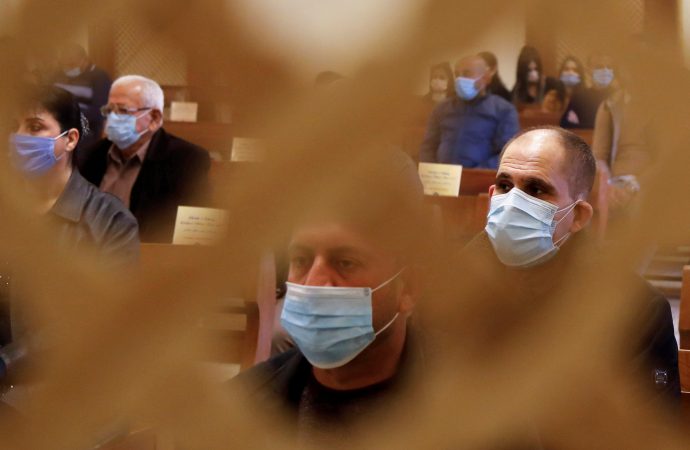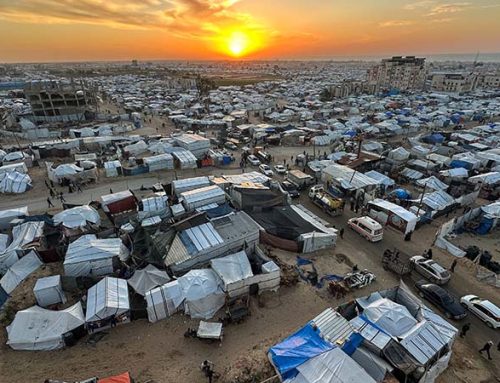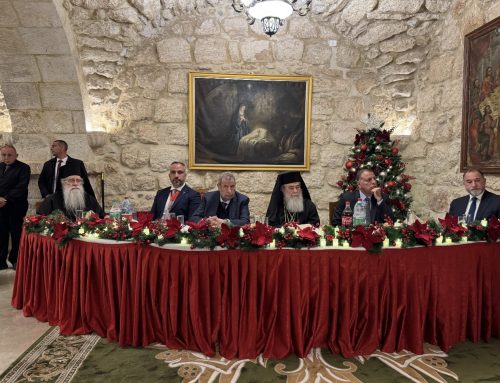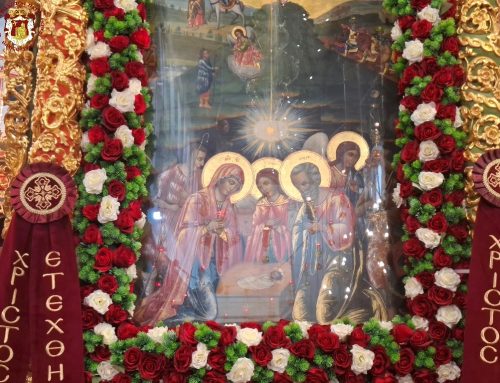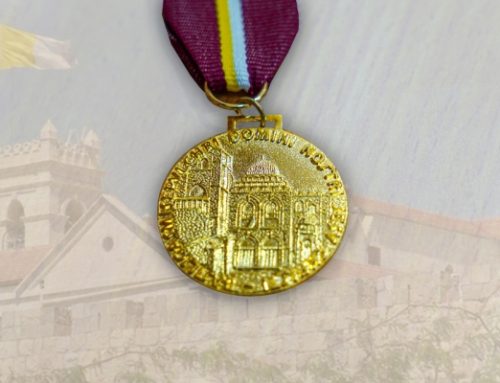BEIRUT — Amid suffering and despair, further darkened by the coronavirus pandemic, Catholic patriarchs of the Middle East urged their faithful at Christmastime to hold on to hope.
And in Iraq, Christmas was celebrated as a national holiday for the first time; the Iraqi parliament established the holiday in mid-December on the heels of the announcement of Pope Francis’ visit, scheduled for March.
“For two decades we have celebrated Christmas in an unstable atmosphere, and the repercussions of the outbreak of the coronavirus pandemic have deepened it in an unprecedented way,” Iraqi Cardinal Louis Sako, patriarch of Chaldean Catholics, wrote from the patriarchate in Baghdad.
“Despite all circumstances,” Sako said, “Christmas remains a source of hope and strength to restore spiritual clarity. The presence of Christ helps us to overcome fear, remain faithful to our faith and deepen our fraternal relationships.
“We should all, Christians and Muslims, leave our differences aside, love each other and serve each other as brothers in one family,” Sako wrote. “Let us present the interest of the homeland … and join hands as one team in order to change our situation and get out of these crises, by building relationships on the basis of mutual respect and consolidating the values of coexistence.”
He urged Iraqis to prepare for Pope Francis’ visit “with creativity.”
In Lebanon, its population sinking under the grave weight of the country’s worst economic crisis in modern history, faltering without a government and suffering from the consequences of the catastrophic double explosion at Beirut’s port in August, Cardinal Bechara Rai wrote in his Christmas message: “How much darkness surrounds us … but the light of Christ is stronger and kindles the flame of hope in us.”
Rai, patriarch of Maronite Catholics, said the current crises would not have occurred without years of mismanagement by the political class. He said Lebanon’s ruling class behaves “as if it were running an enemy state and enemy people.”
Rai noted that this is the first Christmas for the relatives of the victims since the Aug. 4 Beirut port explosions.
“We share their pain and pray for them, as the judicial investigation is going round in circles,” he said.
“The people want the truth. What are we going to tell more than 200 victims and more than 6,500 injured and 300,000 homeless? How to compensate a country whose port has been wiped out, and its capital half destroyed? Where do we get $15 billion for restoration, construction and compensation? How do we improve the collapsing economy and trade? And with all that, we have no government, for no other reason than malicious and destructive intentions,” Rai charged.
Nearly five months since the government resigned after the explosion, the main parties have been unable to agree on a new administration. Cardinal Rai has been painstakingly pressing for and has personally intervened for the formation of a government.
“Our historic responsibilities have prompted us to undertake an initiative which aims to encourage officials to form a government quickly in order to avoid total collapse,” Rai warned. “We are determined, together with those with good intentions, to save a democratic, neutral, and independent Lebanon.”
In his Christmas message from Beirut, Syriac Catholic Patriarch Ignace Joseph III Younan said: “Hope is a divine virtue that we need more than ever today, as we live in Lebanon with one crisis after another. The country has long been plagued by political strife, economic collapse, and security chaos until the horrific explosion in the port of Beirut.”
“Conditions are no better in Syria, where the simplest basic life is absent, due to the resurgence of violence caused by terrorist gangs who are still supported financially and militarily by foreign countries,” Younan said. “We condemn the indifference of Western countries toward the suffering of civilians who have endured the embargo for so long, with the pretext of supporting an uprising against a legitimate government.”
From Damascus, Syria, Melkite Catholic Patriarch Joseph Absi wrote in his Christmas message: “We are ending this year and people are growing poorer, tired, disgusted and afraid, and the prospects no longer appear promising and life no longer looks sweet. Many no longer have livelihoods.”
“Oh what despair has tempted us,” Absi noted, pointing out that the birth of the Savior “reminds us of salvation and encourages us to persevere in hope.”
“As long as the Savior Jesus Christ was born, evil will no longer triumph over good, nor war against peace, nor grief over joy, nor hatred for love, nor selfishness over giving,” Absi said.
By: Doreen Abi Raad
Source:

